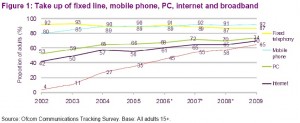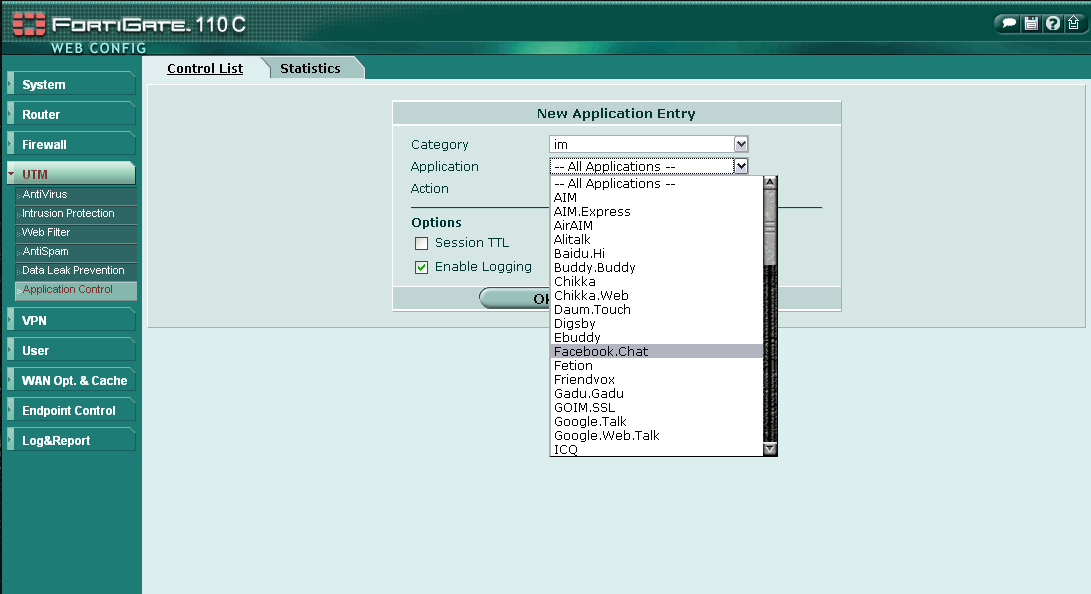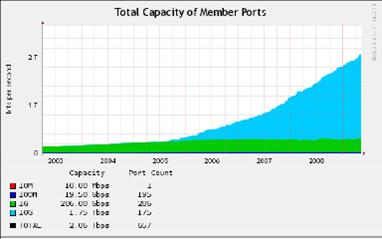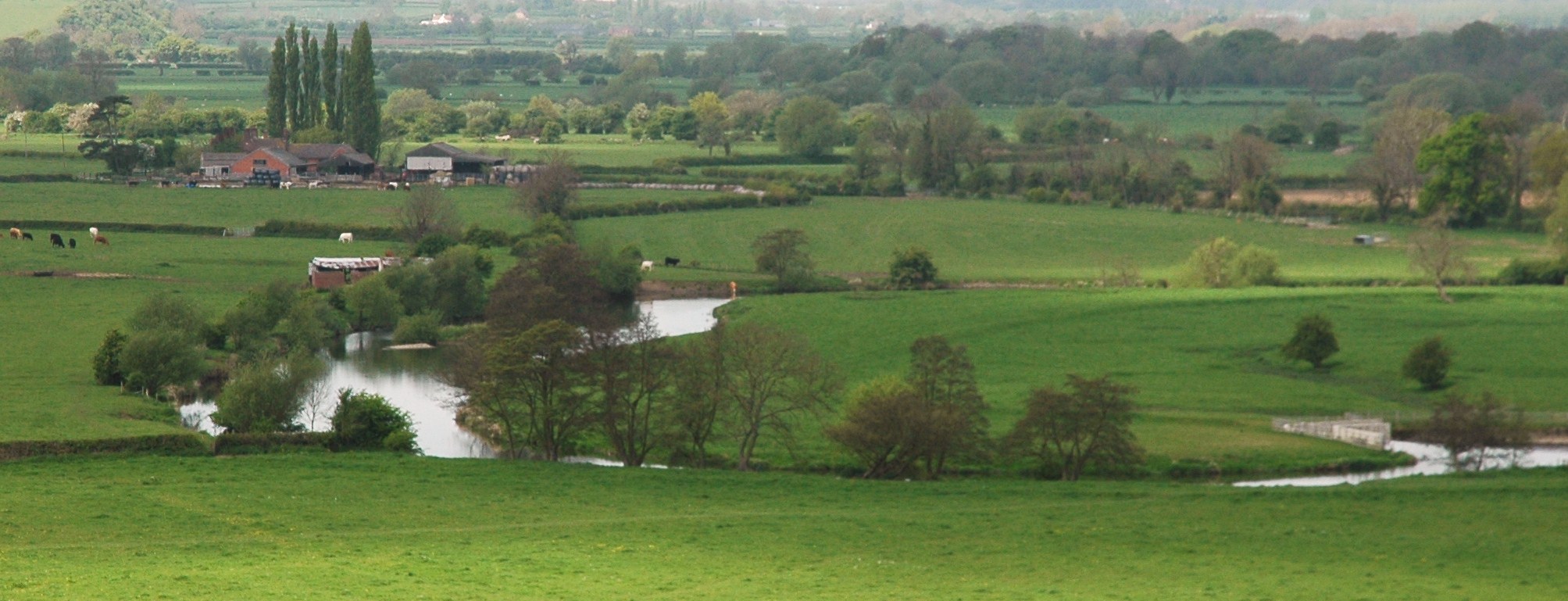I’m happy to say that Ethernet in the First Mile is starting to get customers excited. EFM? Yet another !”£#@ acronym do I hear you say?
Yes and actually EFM is quite an exciting proposition in 21CN enabled exchanges around the country. That’s around 600 now with notionally 1,100 by the time BT has finished the rollout.
EFM is a copper based Ethernet service to the customer, capable of carrying high bandwidth connections without the need for fibre into the customer premises. It provides “up to” 10Mbps (<3km from the exchange).
The beauty of the technology is that it bundles up to 5 copper pairs from the exchange to the premises to attain the bandwidth throughput. If any of these pairs “go down” then the service will rate adjust to a lower speed based on the remaining circuits rather than failing completely.
Whilst customers don’t necessarily get the reliability and uptime of a fibre leased the EFM circuits are considerably cheaper with much faster installation lead times (and don’t get me wrong – I’m not saying EFM is unreliable – it’s basically the same as ADSL).
What’s more we can incorporate EFM connections into an MPLS VPN/PWAN. EFM gives businesses far more flexibility in the type of circuits they can build into a network design.
It does strike me that anyone thinking of getting into the ISP business these days is onto a loser. Timico has its own direct connection to BT for EFM. This is in addition to circuits for SDH, framestream, Ethernet, SDSL/ADSL, ADSL2+ and 3G (wireless).
We also have direct connectivity with BT Wholesale, BT Openreach, Telewest/NTL/Virgin (whatever you are used to calling them), Global Crossing, Claranet, Tiscali (ahem) and Cable and Wireless, notwithstanding our links to transit providers and peering exchanges such as LINX.
I’m not saying that the situation is different to what it was like 5 years ago when Timico started. At that time our decision was to buy Atlas Internet to get into the game and since then we have added two further acquisitions. The complexities and the scale required to be competitive have however changed.
Our first BT central pipe (ie wholesale ADSL connection) was a single 34Mbps link. Now we are into multiple 622Mbps and multiple Gigabit fibre. These represent large cost commitments that new entrants should balk at or at least recognise that they would have to have very deep pockets.
Note 1 !”£#@ = “bloomin”
Note 2 apologies to friend and blog reader Dan Ellin who has made some comments on Facebook regarding the number and incomprehensibility of acronyms in this industry 🙂





